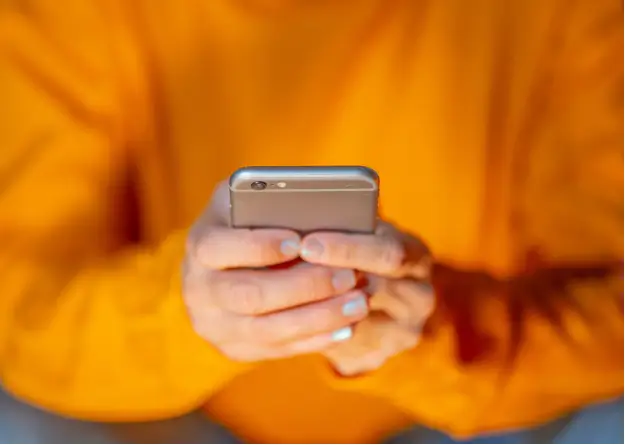Technology in Addiction Treatment

Technology has improved the lives of millions of people. It has also disrupted nearly every industry, including addiction treatment and behavioral health. Virtual communication is available to most people in the form of small handheld digital devices, and there are apps for just about anything you could want. While many of these applications are used recreationally, some of them are being used in the work of addiction treatment specialists.
Digital Addiction Treatment
Today, many addiction treatment programs use apps, web services, text messaging and telepsychiatry to have virtual consults with patients. These tools help connect addiction treatment specialists to patients wherever they are. For people struggling with alcohol addiction, the “big book” for Alcoholics Anonymous is now accessible online. Apps like Sober Grid can use an individual’s location to direct them to the nearest available support mechanisms.
Speaking of support mechanisms, there are apps that provide people with motivational messages, as well as a host of digital tools that can track healthy living. There are also specialized apps for addiction treatment, like the Android tool called Squirrel Recovery. Squirrel Recovery provides those recovering from heroin addiction with immediate access to counseling and support, all on their smartphone at the touch of a button.
The idea of getting help via a smartphone is nothing new in addiction recovery. Over the past two years, addiction treatment programs have been ramping up their use of telepsychiatry, which features an addiction recovery specialist or other mental health provider giving counsel to a client via a virtual visit. mHealth Intelligence suggests that these tools will provide the means to assess risk in patients, reduce healthcare expenses and improve the overall quality of care.
AI in Addiction Treatment
Artificial intelligence (AI) in addiction treatment is the latest innovation making headway in the popular press. AI uses complex computer algorithms to interact with the person in recovery via their digital device. New tools like recovery apps and online treatment plans allow for addiction treatment on the go, tailored to the needs of the individual.
Given that the National Institute on Drug Abuse says addiction has skyrocketed in recent years, enlisting the help of technology could help stop the trends that show:
- In 2014, 24.6 million Americans aged 12 and up had used at least one illicit drug in the last 30 days
- In 2013, 6.5 million Americans used prescription drugs off-label, or non-medically in the last 30 days
The disease of addiction costs the nation more than $740 billion annually. Technology can improve access to care and increase the number of people that receive needed care.
If you are in search of professional addiction treatment in person, please do not hesitate to contact The Recovery Village Ridgefield today to discuss treatment options and learn about admissions.




